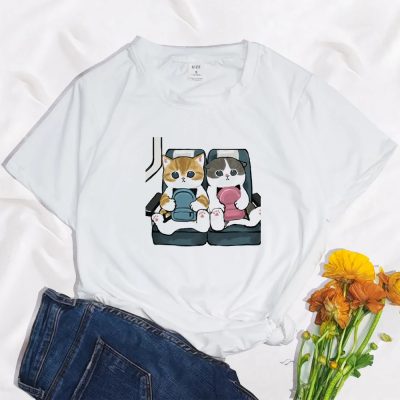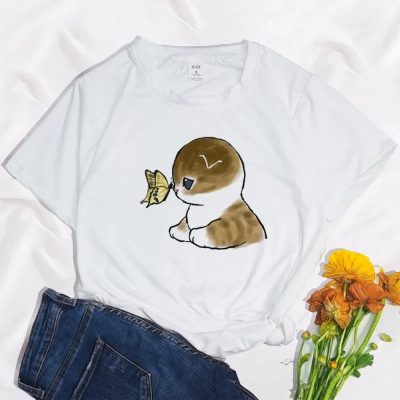In an era where environmental consciousness is at the forefront of consumer concerns, the fashion industry is undergoing a transformation towards sustainability. As consumers become more aware of the environmental and social impact of their clothing choices, there’s a growing demand for eco-friendly alternatives. One area where this shift is particularly evident is in the realm of T-shirts, with a rising number of brands committed to producing garments that are both stylish and sustainable.
1. Embracing Organic Materials: Leading the charge in sustainable T-shirt production are brands that prioritize organic materials such as organic cotton, bamboo, hemp, and Tencel. By opting for organic fibers, these brands reduce the use of harmful pesticides and chemicals in the cultivation process, minimizing environmental damage and promoting healthier ecosystems.
2. Eco-Friendly Production Practices: Sustainable T-shirt brands go beyond just using organic materials; they also prioritize ethical and eco-friendly production practices. This includes reducing water and energy consumption, minimizing waste through efficient manufacturing processes, and ensuring fair wages and safe working conditions for garment workers.
3. Recycling and Upcycling: Another approach adopted by sustainable T-shirt brands is recycling and upcycling. By repurposing post-consumer waste such as plastic bottles or textile scraps, these brands minimize the environmental impact of their production and give new life to materials that would otherwise end up in landfills.
4. Transparent Supply Chains: Transparency is key for sustainable T-shirt brands, as they strive to build trust with consumers by providing visibility into their supply chains. From sourcing raw materials to manufacturing and distribution, these brands are committed to transparency at every stage of the production process, allowing consumers to make informed choices about the products they purchase.
5. Collaborations for Change: Many sustainable T-shirt brands also collaborate with environmental organizations, artists, and activists to raise awareness about pressing issues such as climate change, biodiversity loss, and social justice. Through these collaborations, they not only amplify their message but also mobilize their communities to take action towards a more sustainable future.
6. Setting the Trend: By making eco-friendly choices fashionable and accessible, sustainable T-shirt brands are setting a trend that extends beyond just clothing. They’re challenging the notion that style and sustainability are mutually exclusive, proving that it’s possible to look good while doing good for the planet.
In conclusion, sustainable T-shirt brands are leading the way in revolutionizing the fashion industry by making eco-friendly choices accessible and stylish. By prioritizing organic materials, eco-friendly production practices, transparency, recycling, and collaboration, these brands are not only making a fashion statement but also paving the way for a more sustainable future. As consumers, we have the power to support these brands and make a positive impact with our clothing choices.







